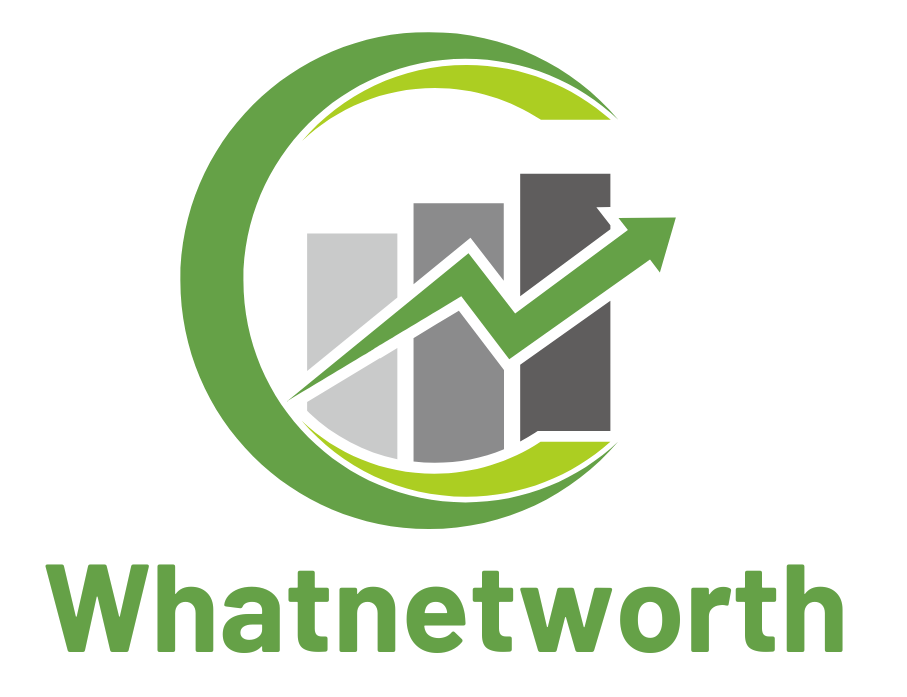In today’s ever-changing economic landscape, inflation has become a hot-button topic. It’s the gradual increase in the price of goods and services over time, a phenomenon that can leave you feeling like your paycheck is shrinking faster than ever. But fear not! Understanding how inflation affects your finances and implementing strategic strategies can empower you to weather this economic storm and even come out ahead.
Feeling the Pinch: How Inflation Bites
Imagine a scenario where a loaf of bread cost $2 last year, but today it rings up at $2.10. This seemingly small increase might not break the bank initially. However, the cumulative effect of inflation on various everyday items adds up, slowly eroding the purchasing power of your hard-earned money. Here’s a closer look at how inflation can impact your wallet:
- Shrinking Savings: The value of your hard-earned savings gets chipped away at by inflation. If your savings account interest rate doesn’t outpace inflation, your money is essentially losing buying power over time. Imagine saving for a dream vacation – inflation might force you to push back that goalpost as your savings lose their initial purchasing power.
- Debt Feels Heavier: If you have outstanding debt, inflation can make it feel even more burdensome. The rising cost of living might make it harder to manage your monthly loan payments, potentially creating a financial strain.
- Reduced Standard of Living: In extreme cases, persistent inflation can force you to cut back on expenses or forego certain purchases altogether to maintain your standard of living. The morning latte or weekend movie outing might need to be re-evaluated as everyday essentials take priority.
Staying Afloat in a Sea of Rising Prices
While we can’t control inflation, we can certainly adapt our financial strategies to mitigate its impact. Here are some proactive steps you can take to stay ahead of the curve:
- Become Budget Buddies: Knowledge is power, especially when it comes to your finances. Regularly tracking your spending allows you to identify areas where you can cut back or adjust your budget to accommodate rising costs. Numerous budgeting apps and online tools can help you categorize your expenses and visualize where your money goes.
- Needs vs. Wants: A Balancing Act: Distinguish between essential expenses (rent, food, utilities) and discretionary spending (entertainment, dining out). Focus on allocating resources towards essential needs first. Perhaps skip the fancy coffee this week and brew it at home to free up some extra cash for groceries.
- Embrace the Power of Smart Shopping: Become a savvy shopper! Look for deals and discounts, clip coupons, and take advantage of loyalty programs that offer cashback or points. Consider generic or store brands as alternatives to name-brand products, especially for items where quality differences are minimal.
- Boost Your Income Stream: If inflation significantly impacts your budget, explore ways to increase your income. Look for freelance work, explore a side hustle that aligns with your skills, or consider negotiating a raise at your current job. Every additional dollar earned helps offset the rising cost of living.
- Investing for the Future: While investing always carries inherent risks, it can be a potential hedge against inflation. Research and invest in assets that have historically performed well during inflationary periods, such as certain stocks or real estate (consulting a financial advisor is recommended before making investment decisions).
- Debt Repayment Strategies: Prioritize paying down high-interest debt, such as credit cards. The sooner you eliminate it, the less the rising interest rates will impact you. Explore options like debt consolidation or refinancing to potentially lower your interest rates and free up more breathing room in your budget.
- Beyond Personal Finance: Stay informed and advocate for policies that address inflation. Contact your local representatives and voice your concerns about the rising cost of living. Collective action can influence economic policies that benefit consumers.
Remember
The impact of inflation varies depending on your individual circumstances. A young couple starting out might feel the pinch more acutely compared to someone nearing retirement with a paid-off house. By staying informed, adjusting your budget according to your needs, and implementing smart financial strategies, you can navigate these economic challenges and maintain your financial well-being. Don’t let inflation dictate your financial future; take control and empower yourself to stay afloat!
Bonus Tip: Consider exploring resources offered by reputable financial institutions or government agencies. Many provide free budgeting tools, educational materials, and even financial counseling services to help you navigate economic challenges.

